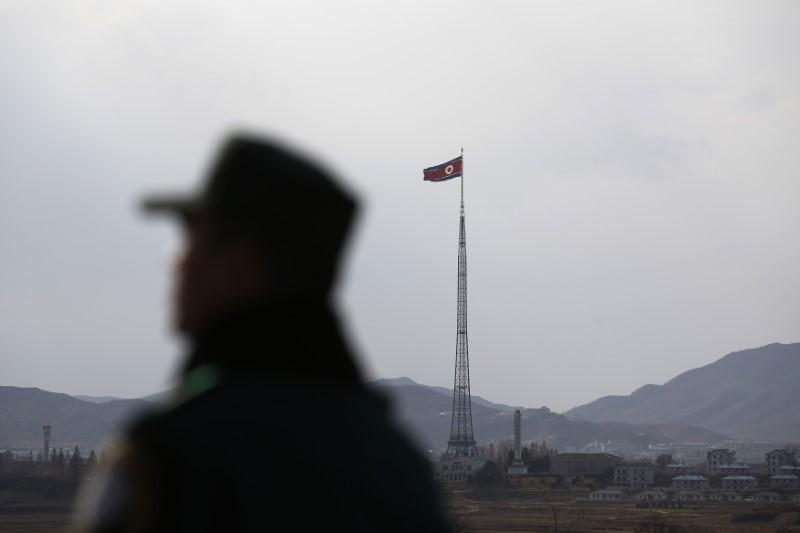South Korea’s military has claimed that a suspected North Korean balloon briefly entered its airspace on Sunday, just days after the United States shot down a suspected Chinese spy balloon flying in its airspace.
The South Korean Ministry of Defense said on Monday that its military responded to the incident with “unspecified measures” but later concluded that the balloon did not pose a threat, Reuters reported.





